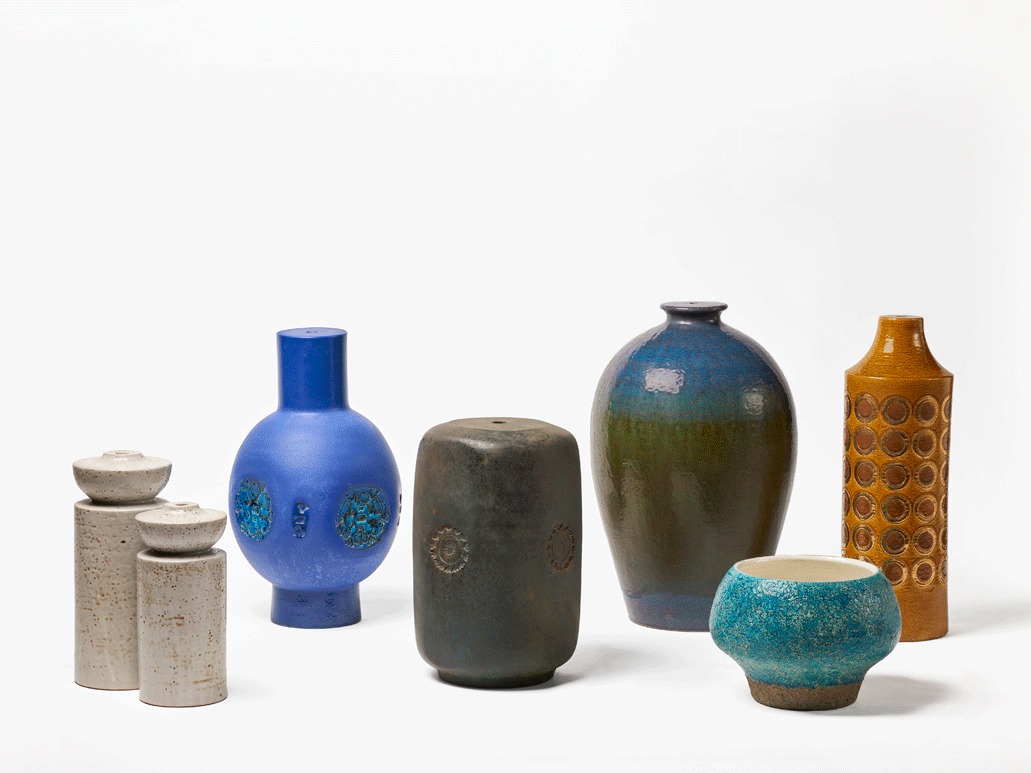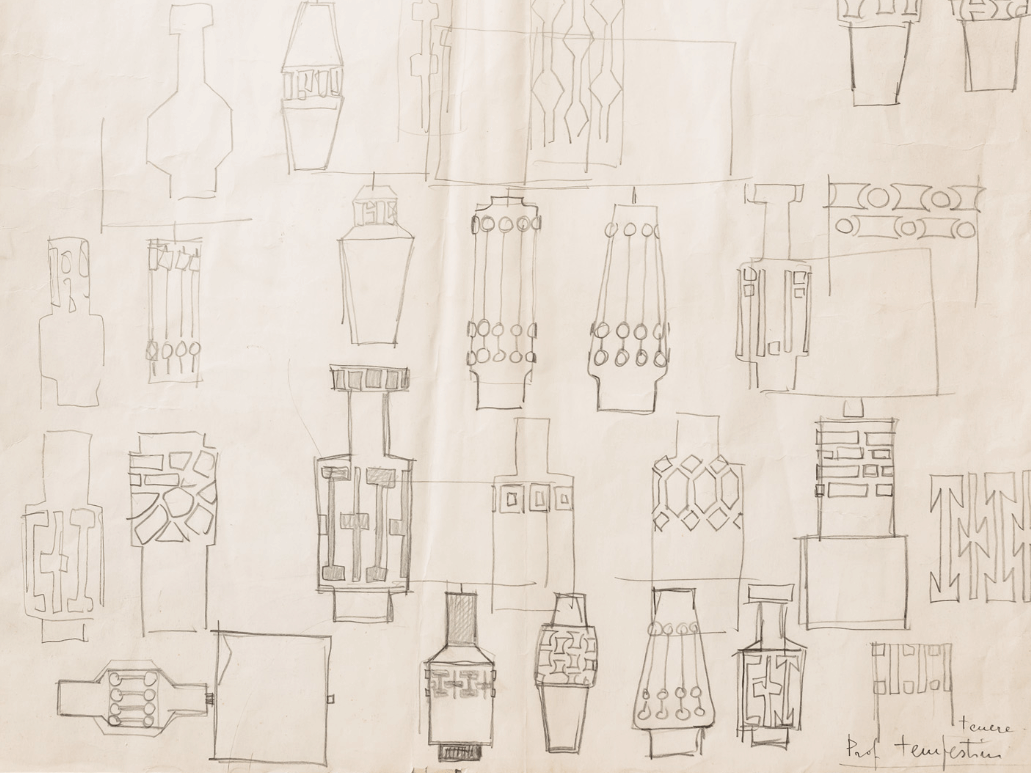The Foundation was established
in 2008
by the Bitossi family and is dedicated to Vittoriano Bitossi (1923-2018), entrepreneur and generous promoter of cultural and philanthropic activities. It is a nonprofit organisation.
The Foundation’s main benefactor is Gruppo Colorobbia and its primary aim is to highlight and promote ceramic art culture and its historical and scientific research.

The Foundation has overseen the project, promoted by Cinzia Bitossi in 2000, for the creation and management of a permanent collection of ceramics manufactured by the company itself. The artifacts, tools and documents that have been collected, organised and classified form the
Bitossi Industrial Archives – AIB.
In 2011, the Bitossi Foundation joined Museimpresa, the Italian Association of Business Museums and Archives promoted by Assolombarda and Confindustria.






















